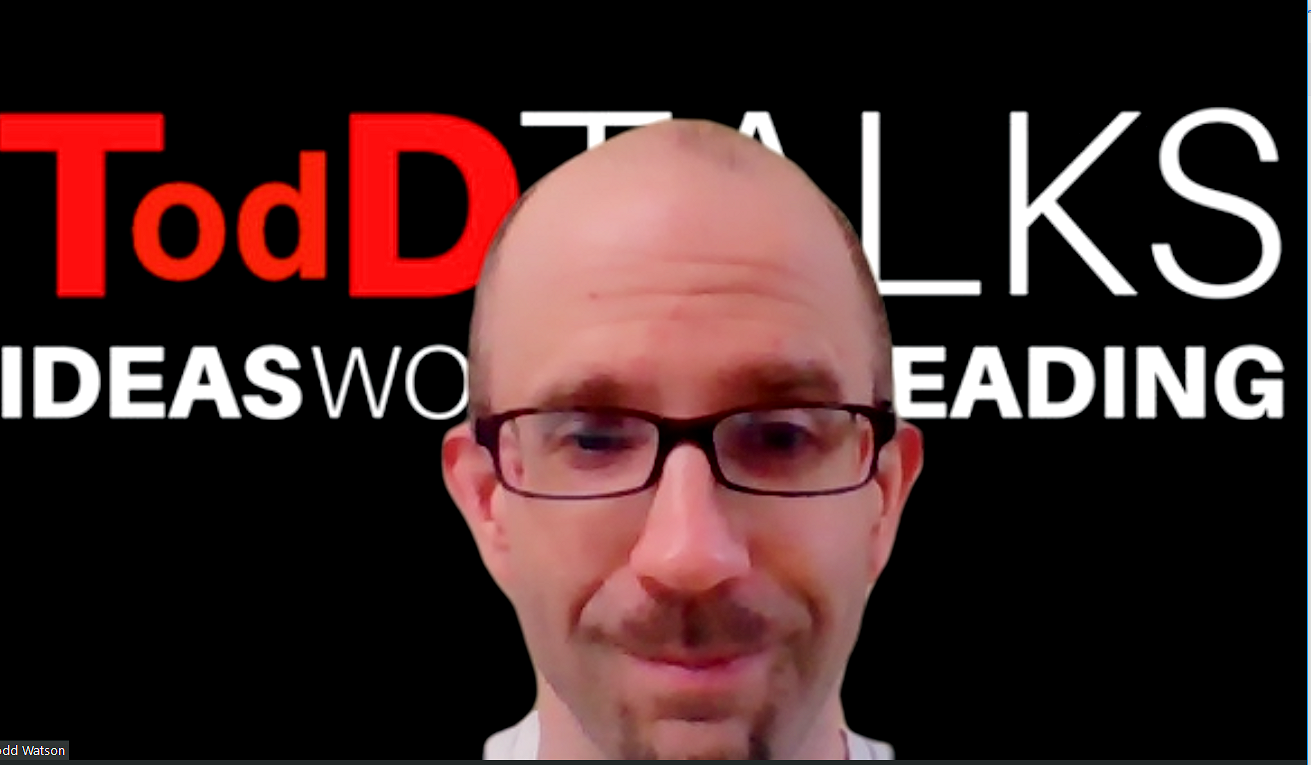
Should I worry that COVID might have long term effects on my brain? Is yawning really "contagious"? In life, we face questions both big and (seemingly) small. How should we answer them? Scientific journals, the popular press, and social media are awash in information, but how do we separate the good from the bad? How do we separate the bad from the VERY bad?
This section will focus on one of the key features of being a literate and active member of a democracy: the ability to evaluate and make arguments with data. Using the lens of psychology and neuroscience, we will explore ways to use simple, low tech experimental techniques and open-access statistical software and data sets to answer questions both big and small about the world around us. More broadly, will consider how quantitative reasoning can shape and strengthen arguments in academic research, public policy, literature, and your latest TikTok post.
This section will focus on one of the key features of being a literate and active member of a democracy: the ability to evaluate and make arguments with data. Using the lens of psychology and neuroscience, we will explore ways to use simple, low tech experimental techniques and open-access statistical software and data sets to answer questions both big and small about the world around us. More broadly, will consider how quantitative reasoning can shape and strengthen arguments in academic research, public policy, literature, and your latest TikTok post.
- Teacher: Todd Watson